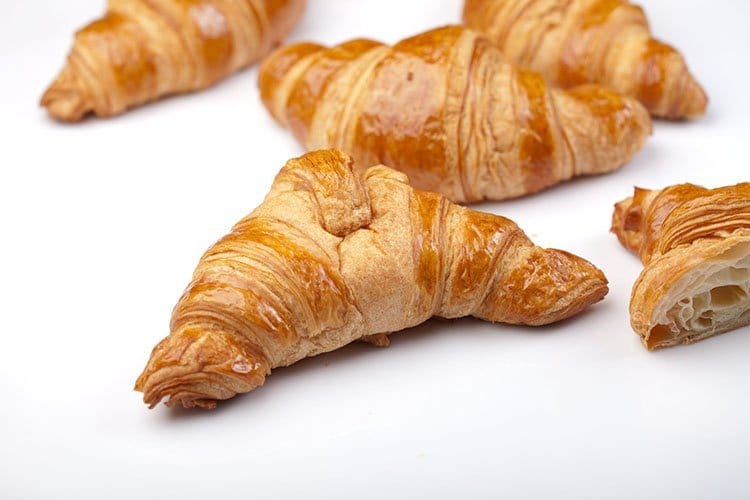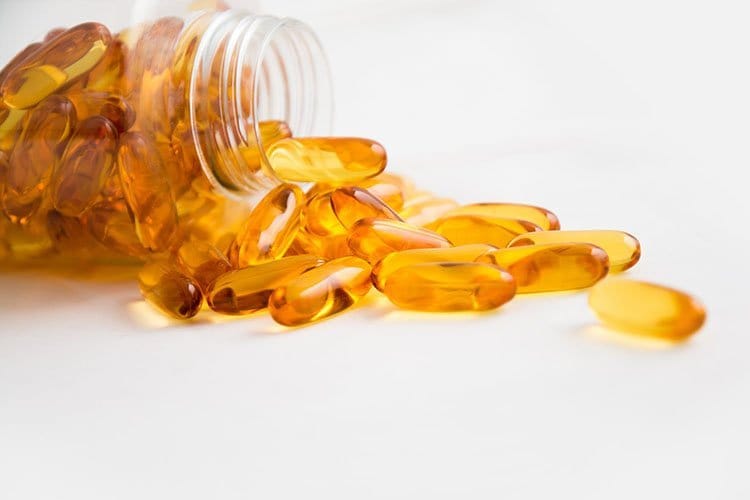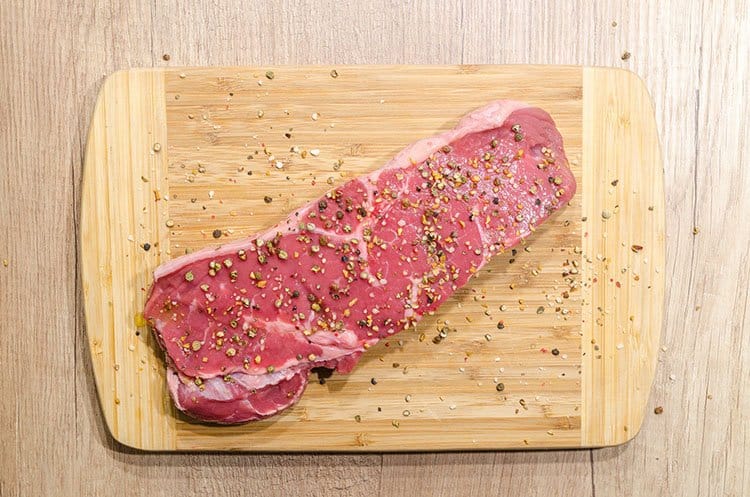Changing our body image is something that people can relate to no matter what country they live in. Obesity impacts the lives of people of almost every age. For multiple reasons, our bodies hold onto fat and it can be difficult to shake it off. The physical appearance of obesity is not the only cause for concern. Internal damage caused by obesity can range from chronic diseases like diabetes to severe heart problems.
There are tons of companies selling weight loss and diet programs that aim to help you shed the pounds. But losing the fat can be done with simpler changes to your daily life. Nutrition information and the best dieting tips can be hard to sift through. But with a little time and patience, you can learn what to avoid if you want to get rid of that fat once and for all.
1. Sugar

One of the usual suspects on the list of foods to stay away from is sugar and with good reason. Eating excess sugar can lead to obesity. Obesity changes the brain’s chemical processes and causes the hormone leptin to malfunction. Leptin is what triggers our feeling of fullness. But overeating can cause its resistance, so we eat more sugar to feel full and gain weight.
2. Binging ‘healthy’ foods
Foods that are labeled as healthy can be tricky to navigate. On the one hand, they have great benefits like clean fat or low amounts of natural sugar. But eating too much can actually increase your weight. Just because it’s healthy doesn’t mean you can skip portion control. Moderation is the key.
3. Alcohol

You might think skipping the alcohol might cut into your fun but it could help you drop some of your weight. Alcohol is generally just empty calories with no nutritional value. Weekend outings can be doubly dangerous as inebriation can lead to making poor food choices.
4. White foods

White foods have a tendency to be bleached or lacking in nutrients compared to their brown counterparts. White sugar, for instance, has fewer benefits than brown sugar and the same is true for rice, potatoes and bread. While you will be immediately energized, the high level of sugar in white foods leads to a crash. Besides the low energy, your body will want to store the sugar for later energy use and this is the fat.
5. Weight Loss Supplements

While it seems this could be a super-fast way to get the weight off, opting for various advertised weight loss supplements can have some side effects. Muscle loss, heart palpitations and hypoglycemia are just a few. Plus most of the initial weight loss is only water weight, which tends to come back once the dieting stops.
A safe bet is opting for exogenous keto supplements. The ketogenic diet might seem like a fad as it’s gotten more popular lately, but it’s been around for a long time. Ketone diets work by first draining your body of carb-sourced fuels which results in ketosis.
6. Sodium
Salt is found in many of the foods we eat and used as a way to get more flavor. Unfortunately, high sodium foods lead to water retention and that bloating can hang around as extra weight. It might be hard to avoid high salt content foods as it’s everywhere, from restaurants to snacks. Increasing your water intake and using herbs for seasoning can definitely help.
7. Red Meats

While red meat does have some heart health benefits, like vitamins and iron, it depends on what type of cut you buy. Usually, the high fat content of the cuts we eat negate them end up just adding to our weight rather than helping it shrink. Look for leaner cuts and even ground meats.
8. Prepackaged Meals
It might seem like leaving your nutrition to someone else and having your meals ready-to-go is the best way to go. Prepackaged meals will hit all the nutrient guidelines but unfortunately, they usually have too much salt or sugar to make them taste good.
9. Medication
Depending on your lifestyle and health, you might have to have a daily regimen of medication. Whether your medicine is for a mental disorder, heart condition or chronic disease, there’s a chance it could be contributing to your weight gain. Check all the side effects of your medicines. If you suspect something, speak to your doctor about finding an alternative that can be beneficial without the extra pounds.
Shredding fat doesn’t have to mean starving yourself or spending hours at the gym. Making a few small daily changes can have a bigger impact than you’re thinking. Getting the right amount of fluids and foods that are high in nutrients and low in sugar and salt can help you come down a dress size or two. Avoiding other bad habits like being dehydrated and not sleeping will also help get your body back towards optimal health. Make a couple adjustments and get excited for the results.

